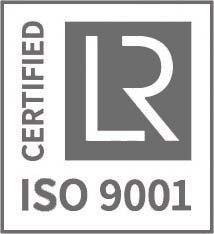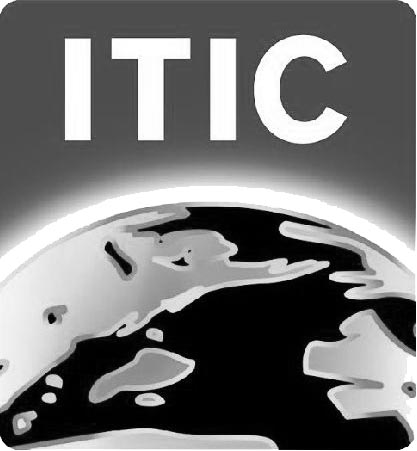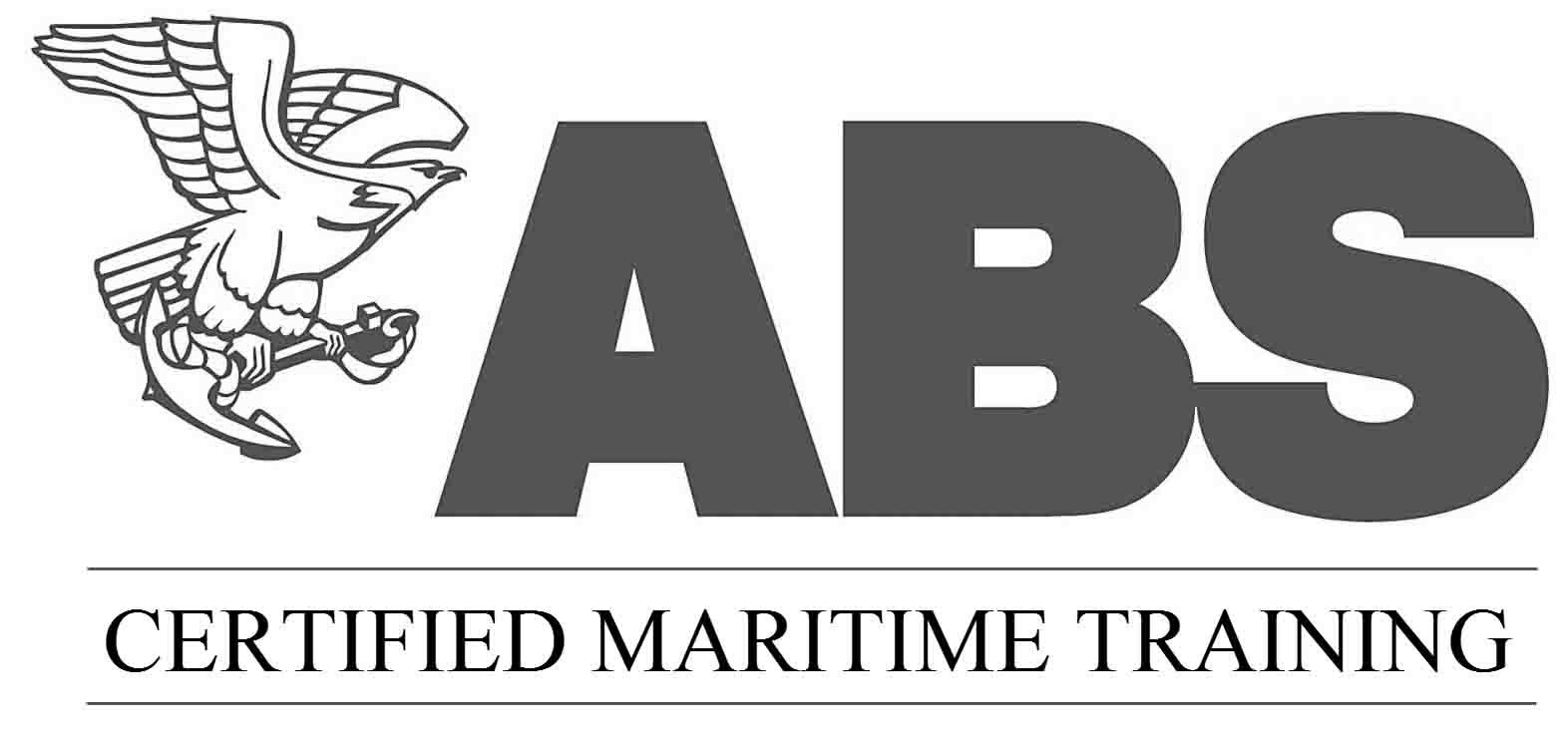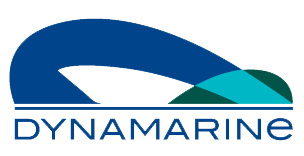THE ROLLING EFFECT AND EXCESSIVE LOADING OF MOORING AND FENDER PENNANT LINES
13-10-2015
?
A near miss was recently reported at OSIS from an STS Operation at OFF Southwold. Weather conditions were moderate to rough. The operation was a reverse lightering between an AFRAMAX and SUEZMAX. The AFRAMAX was the manoeuvring and discharging vessel also.?During the operation it was noticed that the closed chocks of the AFRAMAX were not greased thus resulting to parting 2 mooring tails of the SUEZMAX plus a fender pennant line from the AFRAMAX.
?
?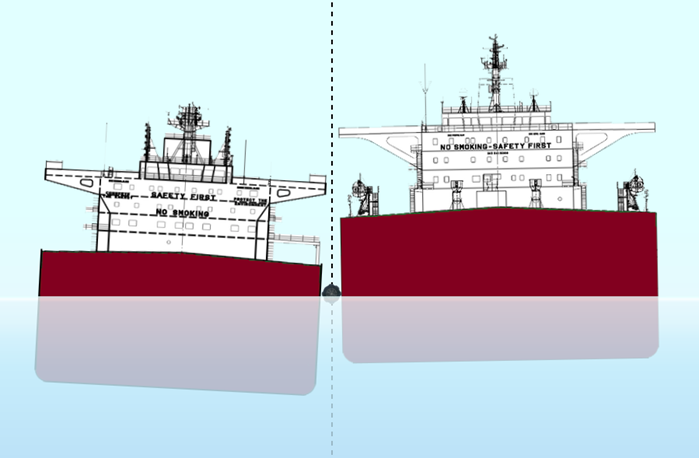
?AFRAMAX ? SUEZMAX ? Reverse Lightering1?
Weather conditions and swell resulted in increased rolling on the AFRAMAX when her displacement was reduced during the transfer. Because of the rolling and the difference of freeboard, the forces on mooring lines were increased thus increasing the friction on the chocks. Therefore mooring lines parted in way of the chocks.?
The involved POAC, although altered vessel direction towards the swell, in order to reduce vessel rolling, did not promptly advise Masters in order to avoid the breaking of lines. The fender pennant lines should have been adjusted, relevant to freeboard increase of the discharging (and manouevering) vessel.
LESSONS LEARNED.
During the planning phase and prior commencement of the STS operation both Masters should ensure that the utilised chocks will be sufficiently greased. The use of protective sleeves will contribute in maintaining sound condition of mooring lines.
Masters and POAC should ensure that a confirmation on proper preparation of chocks should exist during agreement of the JOINT PLAN.
?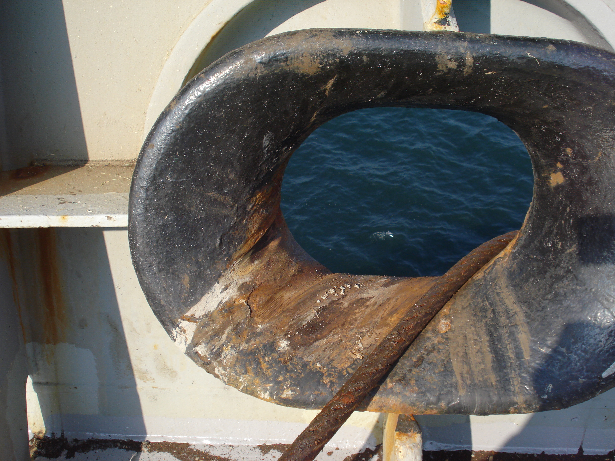
Closed chock and wire not properly greased
Chocks with scratches and existing friction marks should be grinded and properly greased as they could damage mooring lines.
During change of vessel freeboard, mooring lines as well as fender pennant lines should be accordingly adjusted to conform to corrected heights. The POAC should actively monitor such changes and advise both Masters to take action promptly.
?
?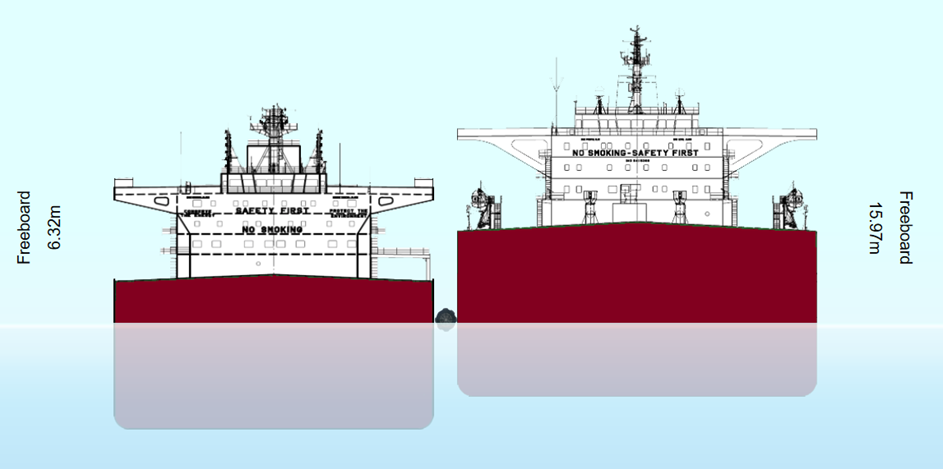
Freeboards before the STS operation1?
?
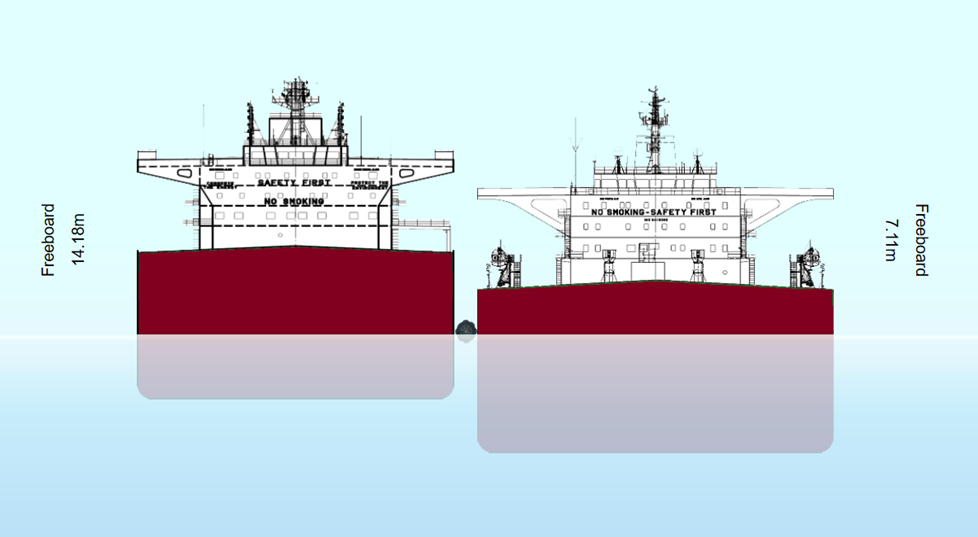
Freeboards after the STS operation1?
?
?
The risk assessment conducted prior the STS operation should account for such issues and introduce risk mitigating actions to the Master. Generic Risk assessments usually do not include the rolling and fender assessment.
OCIMF Guidelines2
Latest edition of OCIMF guidelines make explicit reference at ANNEX K2 ?to causal factors contributing to increased risk. Large rolling angles, fender breakdown or inadequate fendering are amongst other causal factors which should be accounted during an STS operation.
?
It is considered that both ?proper incident management? and ?consolidation of STS knowledge? within an organization are also important factors that may assist in dissemination of STS experience gained by the masters and reduce the incurred risks in STS operations. This is one of the scopes of the onlineSTS.net service.
STS OPERATIONS within PORT
Offshore STS operations are vulnerable with increased risk due to weather conditions. Sometimes such operations may result in excessive delays and unforeseen damages to both vessels. A reliable forecast and experienced POAC as well as well-trained crews are required in order to ensure safety and handling of abnormal situations.
In port STS operations, or operations at sheltered water are more safe due to absence of such risks.
?
(1) onlineSTS.net service
(2) Latest OCIMF guidelines, edition 2013, page 144
